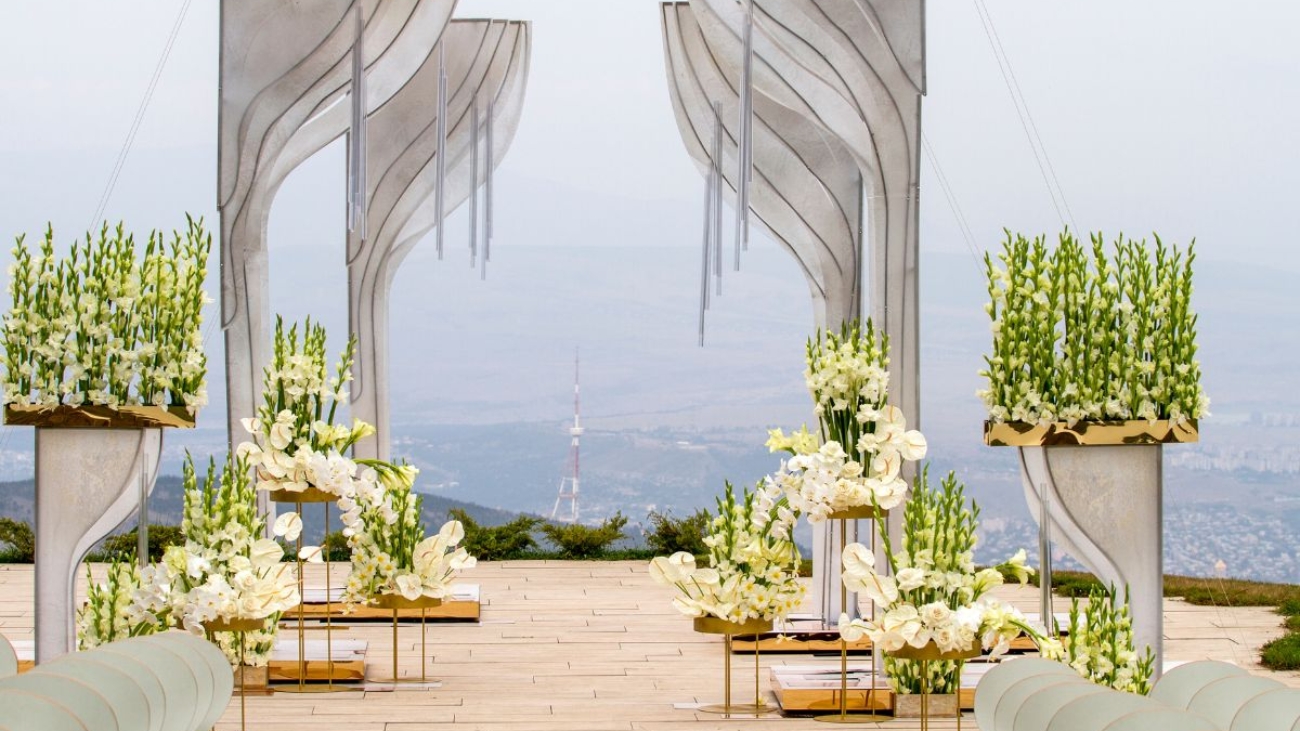Your wedding venue sets the stage for one of the most important days of your life. It’s more than just a place; it’s the backdrop to your love story. With countless options available, choosing the perfect venue can be overwhelming. This comprehensive guide will help you navigate the process, from defining your vision to securing the ideal space.
Defining Your Wedding Vision
Before diving into venue options, it’s crucial to envision your dream wedding. Consider these key elements:
- Wedding Style: Are you drawn to a classic, rustic, modern, or bohemian aesthetic? Your style will influence the type of venue you seek.
- Guest Count: Knowing the number of guests will help narrow down venue options based on capacity.
- Budget: Determine your overall wedding budget and allocate a realistic amount for the venue.
- Season: Consider the weather when choosing an outdoor or indoor venue.
- Ceremony and Reception: Decide if you prefer a separate ceremony and reception location or a combined venue.
Factors to Consider When Choosing a Venue
Once you have a clear vision, it’s time to evaluate potential venues based on the following factors:
Location:
- Consider the proximity to your home, guests, and desired amenities (hotels, airports).
- Evaluate the overall atmosphere and ambiance of the location.
- Research local regulations and permits required for weddings.
Capacity:
- Ensure the venue can comfortably accommodate your guest list.
- Consider flexibility for potential changes in guest count.
Amenities:
- Assess the venue’s offerings, such as catering, decor, audio-visual equipment, and parking.
- Inquire about additional fees for services or rentals.
- Atmosphere and Aesthetics:
- Evaluate if the venue’s style aligns with your wedding vision.
- Consider the overall ambiance and whether it complements your desired mood.
Availability:
- Check the venue’s availability for your preferred wedding date and time.
- Be prepared for alternative dates if your first choice is booked.
Cost:
- Obtain detailed pricing information, including rental fees, catering costs, and additional charges.
- Compare prices from multiple venues to get a sense of the market.
Contract Terms:
- Carefully review the venue’s contract, including cancellation policies, payment terms, and liability clauses.
Guest Experience:
- Consider the overall experience for your guests, including accessibility, accommodations, and transportation options.
To narrow down your search, explore these common venue types:
- Hotels and Resorts: Offer convenience with accommodations, catering, and event planning services.
- Outdoor Venues: Create stunning backdrops for nature-inspired weddings, such as beaches, gardens, vineyards, or farms.
- Historic Buildings: Provide unique character and charm for elegant or romantic weddings.
- Restaurants and Event Spaces: Offer versatile options for various wedding styles and sizes.
- Private Estates and Mansions: Create an exclusive and luxurious atmosphere for upscale weddings.
- Destination Weddings: Offer unforgettable experiences in exotic locations like Bali, Italy, or Mexico.
Getting Married in Bali: A Tropical Paradise
Bali has become a popular destination for couples seeking a romantic and exotic wedding. With its stunning beaches, lush landscapes, and luxurious resorts, Bali offers a dreamlike setting for your special day.
Benefits of a Bali Wedding:
- Breathtaking scenery
- Cultural experiences
- Affordable luxury
- Relaxation and rejuvenation
- Venue Options in Bali:
- Beachfront resorts
- Rice paddy terraces
- Uluwatu cliffs
- Garden villas
- Traditional Balinese temples
- Planning Tips for a Bali Wedding:
- Hire a local wedding planner
- Consider the rainy season
- Obtain necessary legal documents
- Pack accordingly for the climate
Tips for Choosing the Perfect Venue
- Visit Venues in Person: Seeing the space firsthand is essential to envisioning your wedding there.
- Ask Questions: Don’t hesitate to inquire about details, such as capacity, catering options, and event coordination.
- Trust Your Gut: Ultimately, choose a venue that feels right and aligns with your vision.
- Consider Your Guests: Ensure the venue is accessible and comfortable for your guests.
- Create a Timeline: Develop a wedding planning timeline to stay organized and manage your time effectively.
Tips for Venue Negotiation
Negotiating a venue can be a daunting task, but with the right approach, you can secure a better deal. Here are some tips to help you navigate the process:
- Know Your Budget: Clearly define your budget before entering negotiations. This will help you stay focused and avoid overspending.
- Be Flexible: Show willingness to compromise on certain aspects, such as date or time, to secure better rates or additional amenities.
- Do Your Research: Compare prices and packages from multiple venues to understand the market value. Use this information as leverage during negotiations.
- Highlight Your Value: Emphasize the benefits of hosting your wedding at the venue. For example, mention the number of guests, potential revenue from food and beverage, and positive publicity.
- Leverage Off-Peak Seasons: If your wedding falls during an off-peak season, you may have more negotiating power.
- Bundle Services: Inquire about package deals that include catering, decor, or other services. Bundling can often lead to cost savings.
- Ask About Hidden Fees: Be clear about all costs involved, including rental fees, service charges, and taxes.
- Get Everything in Writing: Once you’ve reached an agreement, ensure all terms and conditions are documented in a written contract.
Remember, negotiation is a two-way street. Be respectful and fair in your approach, and you’re more likely to reach a mutually beneficial agreement.
By carefully considering your preferences, exploring various venue options, and following these tips, you’ll find the perfect setting to celebrate your love story. Remember, the most important aspect is creating a memorable experience for you and your guests.

